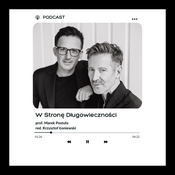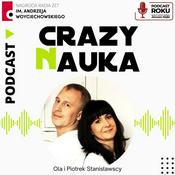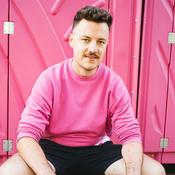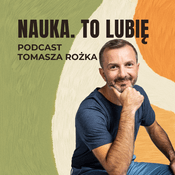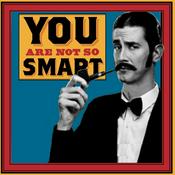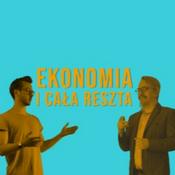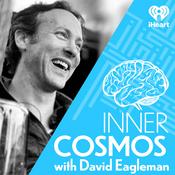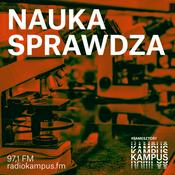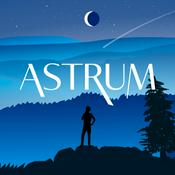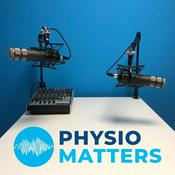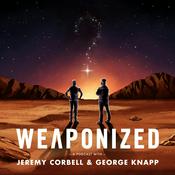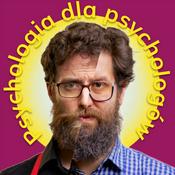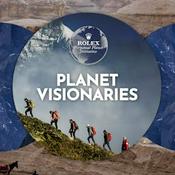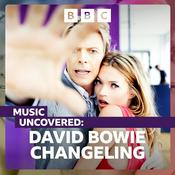477 odcinków
- There’s something fishy going on in the Czech Republic, where CrowdScience listener Ian lives. He keeps tropical fish, and he’s noticed that when he adds new ones to his tank, they swim with others of the same breed. He wants to know how they recognise each other. Do they know what they look like, and recognise others that look the same, or is there something else going on?
Presenter Anand Jagatia takes a deep breath and dives into the science. At the Blue Reef Aquarium in Portsmouth, Dr Lauren Nadler from the University of Southampton introduces us to some Blue Green Chromis fish to look for clues about how and why they form their large social groups. And we explore the smelly world of fish olfaction with Professor Culum Brown from Macquarie University in Sydney Australia.
The mirror test is a classic way of trying to understand whether an animal can recognise itself or not. Professor Alex Jordan from the Max Plank institute in Konstanz, Germany explains how scientists place a visible mark on an animal, show it a mirror, and if the animal tries to rub it off, it suggests that the animal knows it’s seeing itself. A variety of apes, elephants and dolphins have passed with flying colours, but has a fish been able to take on the test? And are there really self-aware shoals drifting through our oceans?
Presenter: Anand Jagatia
Producer: Emily Bird
Editor: Ben Motley
(Photo:Familiarity of the two fish. Portrait of a Hemichromis lifalili. Macro- Credit: kozorog via Getty Images) - Is silence blood-curdling or blissful? CrowdScience listener Ziqi finds it intolerable and thinks that there’s a good reason for it – silence is so rare in nature that it could be a signal for danger.
Presenter Marnie Chesterton is on a mission to test Ziqi’s theory, starting with her own tolerance for silence.
She meets acoustic engineer Trevor Cox in the UK to find out whether silence is something we can measure. To do that she steps into an anechoic chamber, a place that’s designed to absorb all sound. In this most silent of silent places, what does silence actually sound like?
Marnie also talks to researcher Eric Pfeifer in Germany, who is exploring the impact of spending time in silence and has evidence to suggest that it could be a positive experience.
And neuroscientist Marta Moita in Portugal tells Marnie about how rats use silence to detect a threat in their environment. Her discoveries may hold the answer to Ziqi’s question.
Presenter Marnie Chesterton
Producer Jo Glanville
Editor Ben Motley
(Photo:Young woman covering ears ignoring loud noise, plugging ears with fingers annoyed by noisy neighbours - stock photo- Credit: Mariia Vitkovska via Getty Images) - Crowdscience listener Ryosuke grew up in Japan, and spent his childhood summers catching cicadas in the park. For people in Japan, the sound of their chirping signals the first true summer day. But until they emerge, these enigmatic insects live underground - often for many years. Ryosuke wants to know how they know the time is right, and CrowdScience is on the case.
Presenter Anand Jagatia pieces together the story of the species, and meets the small but dedicated group of academics worldwide who’ve been able to study them.
In a field near Girona, Spain, he meets a scientist who’s spent the last twenty years counting them. How will a temperature probe help us work out when they might emerge, and what are they doing underground for so many years anyway?
In nearby Barcelona, another scientist cuts open the stem of a tomato plant and Anand watches as the sap flows out. Could this be a clue to how cicadas sense what’s going on above ground?
And he meets a cicada breeder in the US who has discovered a link between the life cycle of cicadas and the fruiting of a peach tree. Armed with that knowledge, can you really make time move faster for tree and insect alike?
Presenter: Anand Jagatia
Producer: Robbie Wojciechowski
Editor: Ben Motley
(Photo:Cicada on Hosta Leaf - stock photo Credit: KenWiedemann via Getty Images) - CrowdScience listener Limbikani in Zambia is always being told he has his Dad’s laugh, so he set us the challenge of trying to find out whether a laugh can be passed down in our genes or if it’s something we learn from our environment.
Presenter Caroline Steel steps into the world of one of the world’s greatest laughter experts, Professor Sophie Scott, neuroscientist at University College London. In her office stuffed with memorabilia of a life filled with fun, they discuss how the shape of our bodies could play a role in how we laugh.
Also joining the fun is Dr Gil Greengross, evolutionary psychologist at Aberystwyth University in Wales, UK. Gil tells us how Charles Darwin was the first person to question how laughter evolved.
Caroline also speaks to Dr Nancy Segal, Professor of Developmental Psychology and Director of the Twin Studies Center at California State University, Fullerton. Nancy is an expert in studies that demonstrate the role of nature vs nurture in how who we are and how we behave. She tells the story of the ‘Giggle Twins’, who were separated at birth but found they laughed identically when they met three decades later.
So does that mean that we really do inherit our laughs from our parents?
Presenter: Caroline Steel
Producer: Tom Bonnett
Editor: Ben Motley
Credit: The sound of rats laughing (slowed down so that our ears can detect the ultrasound) is courtesy of Dr. Jaak Panksepp
(Photo: Father and son on yellow background- stock photo Credit: Georgijevic via Getty Images) - In 2025, the crack team of intrepid presenters here on CrowdScience have been on some incredible adventures. They’ve wondered whether water is wet, and gone a hunt for a missing tangerine. They’ve wondered why animals swallow rocks, imagined what would happen if the earth spun backwards and pondered whether atoms are immortal.
But, as the year draws to a close, Anand Jagatia is wondering… have they REALLY been paying attention? Time to put them to the test!
In this special programme, Anand gathers the other four presenters into a studio together – Caroline, Alex, Marnie and Chhavi, for an end-of-year quiz – and you can join in at home!
Presenters: Anand Jagatia, Caroline Steel, Alex Lathbridge, Marnie Chesterton and Chhavi Sachdev
Producer: Emily Knight
Editor: Ben Motley
(Photo: CrowdScience presenters in the studio with purple background Credit: BBC)
Więcej Nauka podcastów
Trendy w podcaście Nauka
O CrowdScience
We take your questions about life, Earth and the universe to researchers hunting for answers at the frontiers of knowledge.
Strona internetowa podcastuSłuchaj CrowdScience, Nauka XXI wieku i wielu innych podcastów z całego świata dzięki aplikacji radio.pl

Uzyskaj bezpłatną aplikację radio.pl
- Stacje i podcasty do zakładek
- Strumieniuj przez Wi-Fi lub Bluetooth
- Obsługuje Carplay & Android Auto
- Jeszcze więcej funkcjonalności
Uzyskaj bezpłatną aplikację radio.pl
- Stacje i podcasty do zakładek
- Strumieniuj przez Wi-Fi lub Bluetooth
- Obsługuje Carplay & Android Auto
- Jeszcze więcej funkcjonalności


CrowdScience
Zeskanuj kod,
pobierz aplikację,
zacznij słuchać.
pobierz aplikację,
zacznij słuchać.


